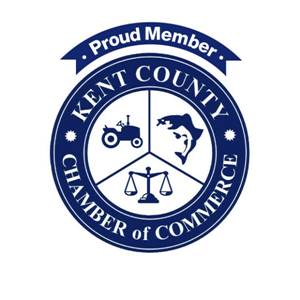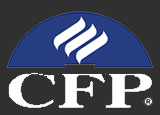Ok, just so we’re straight from the opening line, I don’t think anybody really likes life insurance. It’s like auto insurance—who gets up in the morning and thinks, “Wow, joy, joy! I get to send in an insurance premium check today.”
But—unless you’re immortal nobody gets out of here alive! Sooner or later we are all going to die. The hope we all have is that it’ll be much later than sooner, but, in the event death does comes sooner than we have planned for, we need to protect the ones we leave behind.
I am a firm believer that one thing the world has too many of are life insurance sales personnel. They are everywhere! And they all have the absolute best policy for you. The sheer number of types of policies is also mind-boggling. There are Whole Life policies, Universal Life, Variable Universal Life, Participating Ordinary Life, Assumption Whole Life, Term Life and on and on. And each insurance company usually has lofty, awe-inspiring names for their policies—so the end result is that the entire life insurance arena can be very confusing.
Because of the inherent complexity it is important to use a sales-person you can trust for your plan. And, by the way, most of the time complexity is not needed. I would say that 99% of the time when I recommend life insurance coverage I recommend a Term-Life policy. Term insurance is perhaps the simplest of all life insurance products—the insured pays an annual premium and if death occurs during the time the policy is open then the listed beneficiary receives the paid for death benefit. There are no cash values or investment subaccounts to worry about—you get exactly what you paid for—a death benefit paid to your beneficiary when you die. If you need life insurance then most of the time term insurance can fill the need.
Besides the simplicity, the other beauty of term insurance is that it’s fairly inexpensive compared to other insurance products. The drawback is that it’s only for a specified term—or time-period. Where whole life or universal life insurance is often called permanent because it can insure you for a lifetime, term is often called temporary; temporary since it only insures for a set time period, such as 10, 15, 20, 25 or even up to 30 year periods.
It is my belief that life insurance should insure your loved ones or family against the financial problems that can be created if you were to prematurely die. Remember; as I so gloomily pointed out in the second paragraph, nobody cheats death—but in the early part of our lives we usually take on truck-loads of financial burdens; burdens that require us to be here working and earning money to relieve. So if one day we absentmindedly step in front of a bus, someone still has to pay for the financial mess we’ve left behind. The last thing you want to go through your mind—besides the bus–is not, “who is going to pay off the corvette?”, but more like, “Well, at least the life insurance premiums were not wasted.” Term Insurance can get you a large death benefit for a reasonable price—enough insurance to significantly help your family pick up the pieces and move on without you or your income.
Now, there are financial planning scenarios where other than term policies should be used—but for the run-of-the-mill life insurance needs, a term policy is more than adequate. If you don’t have any insurance, chances are you need some, and chances are also that you’ll probably need more than you think. So call your financial advisor or insurance agent and ask for a term-life quote. Don’t let them up-sell you on the newest and greatest life insurance product on the market—be clear—you want life insurance—not an investment product. (If you want an investment product—ask for an investment account—not an insurance policy.)
A good agent can run a quick quote with as little as your DOB and name. Then the agent will try to determine the dollar amount you need and for how long you need it. And if something you’re being pushed into sounds expensive or confusing you should get a second opinion.
Some of the things to consider is how long you have a home mortgage, children to put through college, earnings future, fixed expenses and your personal health future. There is a good chance that after you pay off the house and the kid(s) are through college that your life insurance need will be greatly diminished.
Ideally, by the time your term-life policy nears its expiration date, your investment portfolio and or pension checks and your monthly expenses will be to a point where the beneficiaries can survive just fine without your smiling face and financial support.
Obviously the higher the death benefit and longer the term, the more expensive the policy—but the differences all-in-all are not that huge. And finally, if you go the term route chances are good that if your health deteriorates during the term you may not qualify for other life insurance when the term policy expires—so you probably want to go for a longer period than you would originally think just in case all your financial plans don’t pan-out as scheduled.
Marty Knight, MBA, CFP® is a retired Captain from the Maryland State Police and is currently a Financial Advisor with Chesapeake Investment Advisors Inc., Securities and Advisory services are offered through Geneos Wealth Management, Inc. Member FINRA/SIPC. He can be reached at 800-994-0221


